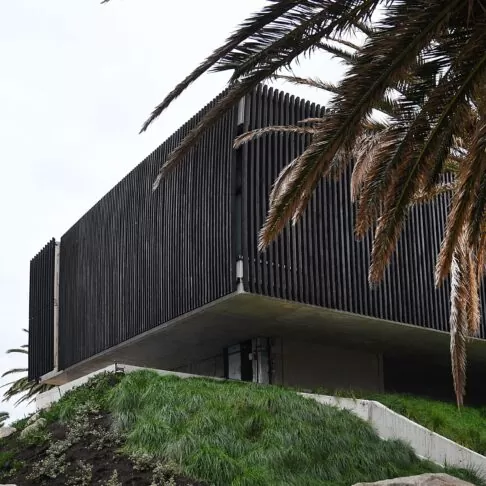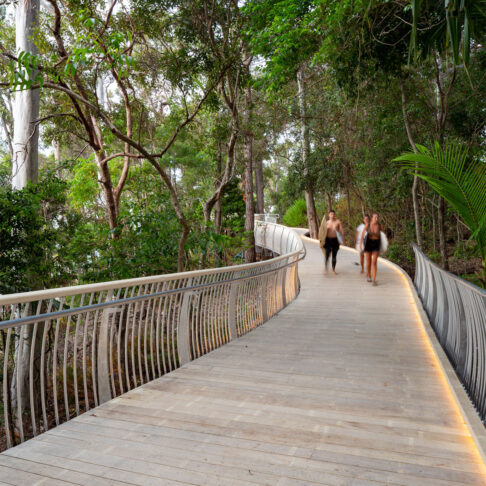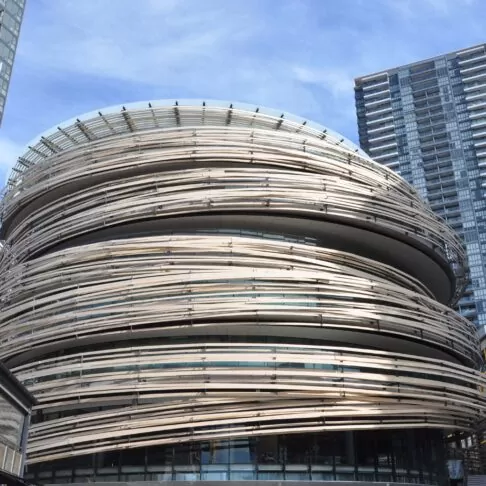
Redefining
the world of wood
Accoya is a revolution in modified dimensionally stable wood, delivering remarkable levels of performance. A product made to last.
Wood to change the world
Accoya wood is made by Accsys at its plant in Arnhem, in the Netherlands.
Accsys transforms fast-growing, certified sustainable wood into Accoya wood through its proprietary acetylation process.
The result is a high performing product with sustainability credentials that exceed those of man-made, intensely resource depleting and heavily carbon-polluting alternatives.
This gives the world the choice to build sustainably, offering new opportunities for the built environment.
Video
Watch the Accoya story


outstanding
products to last a lifetime
Since its launch in 2007, hundreds of manufacturers have made Accoya their material of choice in homes and buildings for applications such as cladding, windows, doors and decking. Some of the most architecturally significant projects in the world have featured Accoya for both its performance and versatility.
ACETYLATION PROCESS
How it works

video
What do our customers say?




Decade of
durability
where Accoya has been put to the test
Take a look at some Accoya projects from the last decade. These projects provide powerful evidence of Accoya’s extreme durability across both domestic and commercial applications. The results speak for themselves and demonstrate Accoya’s suitability for applications such as windows, doors, decking and cladding. Durability is just one factor in Accoya’s appeal to design experts and consumers alike. Find out more.




Where to Buy
You can buy Accoya and Accoya products from our selection of distributors or manufacturers in your region. Use our map search tool to find your nearest Accoya supplier.
